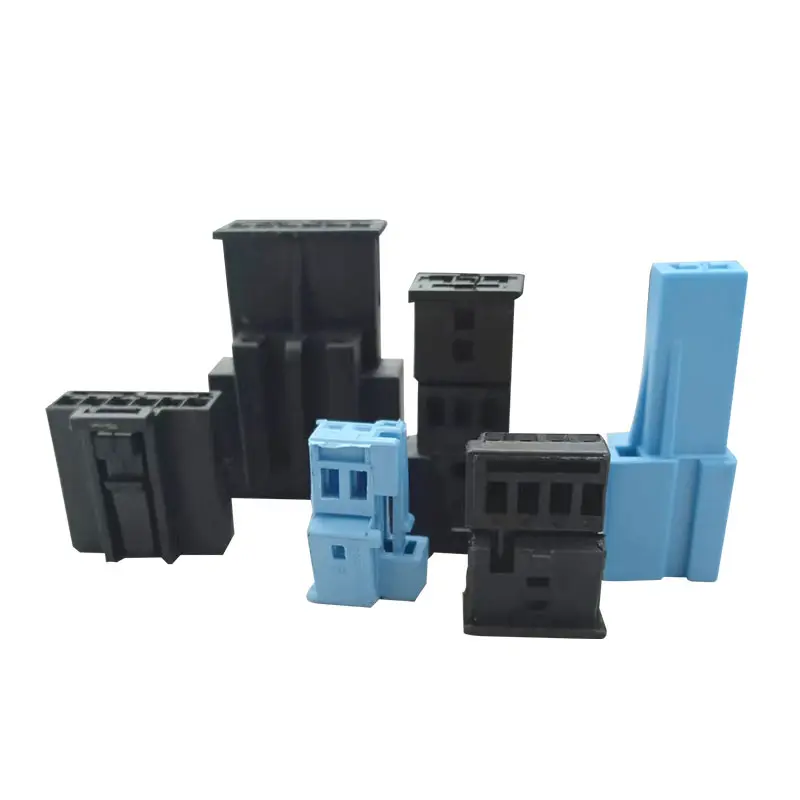
Automotive connectors are important components in today's manufacturing industry and play a vital role in improving equipment stability and connectivity. These connectors are widely used in various electronic products, making them more than just accessories. They are integral to the functionality and efficiency of these devices. In this blog post, we’ll dive into the importance of automotive connectors and shed light on their role in ensuring reliability, mitigating potential risks, and enabling seamless connectivity in the automotive industry.
Automotive connectors act as a bridge between different components within a vehicle's electronic system. They play a key role in ensuring the stability and consistency of signal and power transmission. By providing reliable connectivity, automotive connectors ensure uninterrupted communication between various modules, thereby improving the overall performance of the vehicle. Whether it is an engine control unit, entertainment system or safety function, these connectors ensure the accurate and instant delivery of important information and signals, thereby promoting the stability of the entire system.
In this technologically advanced era, electronic devices have become an integral part of our lives, and their smooth operation largely relies on connectors. In the automotive industry, automotive connectors are crucial for enabling seamless connections between different components such as sensors, actuators and control units. Without these connectors, all the advanced features and systems in modern vehicles, including GPS, Bluetooth and smart assistance, would be useless. The ability of automotive connectors to establish and maintain strong connections is critical to the overall functionality and convenience of vehicle electronic systems.
Automotive connectors significantly reduce risk by ensuring a safe and stable connection. These connectors are designed to withstand harsh environmental conditions and are resistant to moisture, dust, vibration and temperature fluctuations. This sturdy construction protects against potential hazards such as short circuits or electrical failures that could compromise the safety of the vehicle and its occupants. Additionally, automotive connectors come with various safety features such as keying, locking mechanisms, and self-sealing features to ensure a secure connection and minimize the risk of accidents due to loose or incorrect connections.
The automotive industry continues to evolve, paving the way for advancements in automotive connector technology. Manufacturers strive to develop connectors that can handle higher data rates, support emerging communication protocols, and provide greater durability. The future may see connectors that are more compact but capable of handling higher power requirements. Additionally, as electric and autonomous vehicles become more popular, automotive connectors will play an even more critical role in ensuring reliable, efficient communications within these complex systems.
Automotive connectors are more than just accessories; they are an integral part of electronic systems and play a huge role in improving stability and connectivity. In the automotive industry, these connectors play a critical role in maintaining seamless communications, reducing risk and enabling advanced functionality. They are able to withstand harsh conditions and establish secure connections, ensuring overall system reliability and security. As technology advances, automotive connector designs will continue to evolve to meet the needs of emerging trends in the automotive industry. From increased data rates to improved durability, the future of automotive connectors holds huge potential for enhancing the functionality and performance of vehicle electronic systems.
Post time: Nov-18-2023